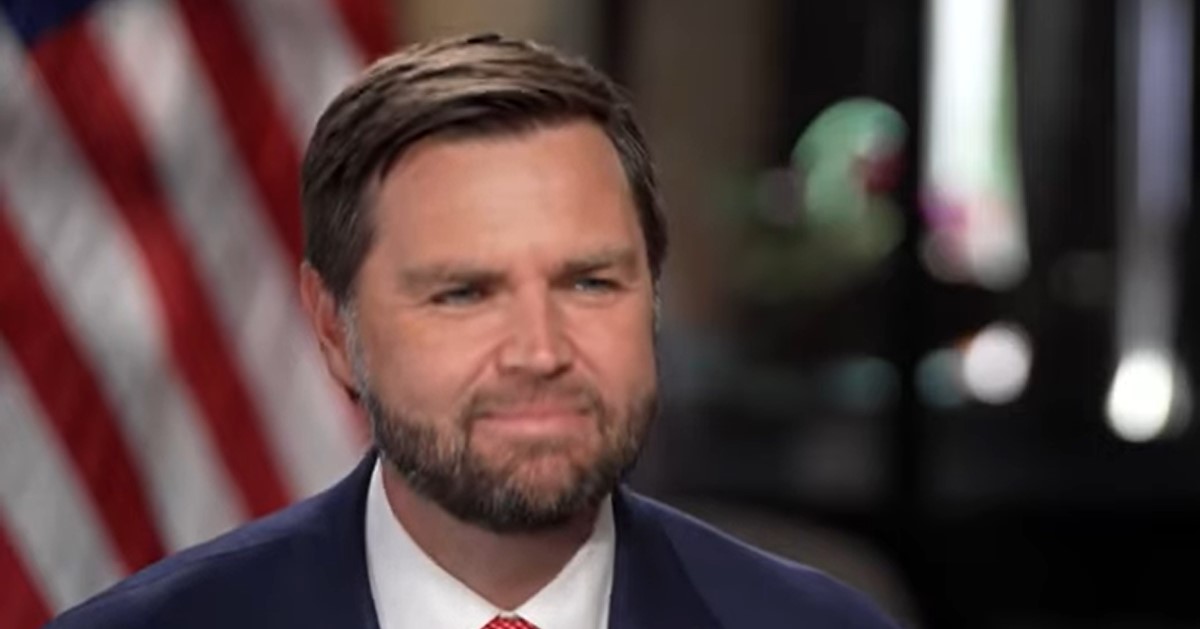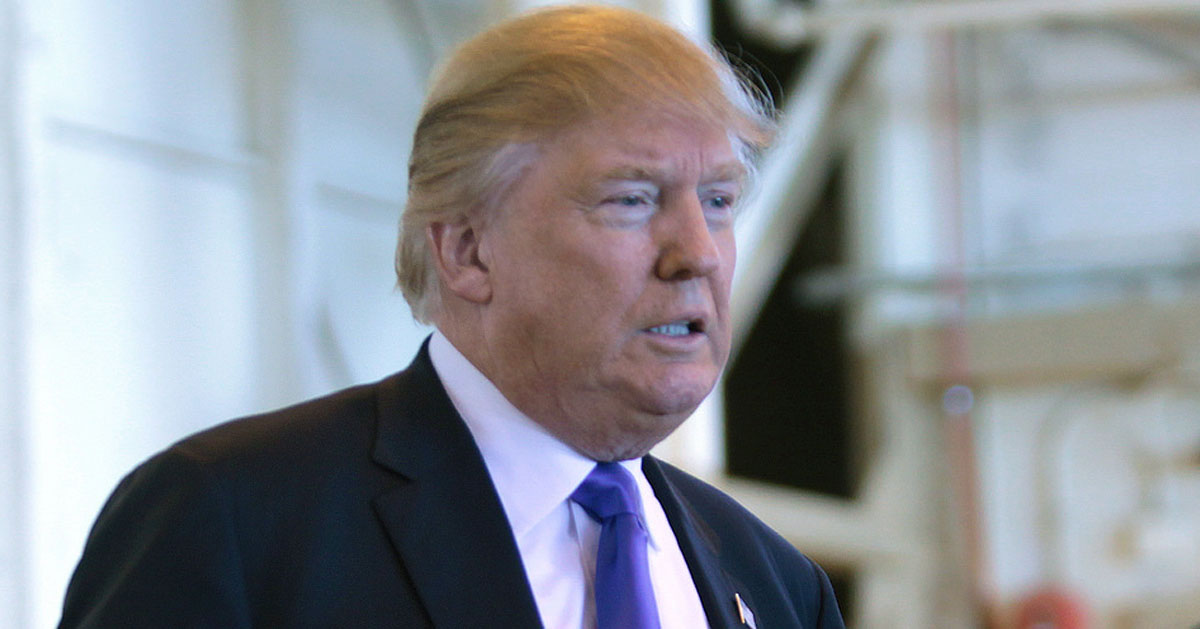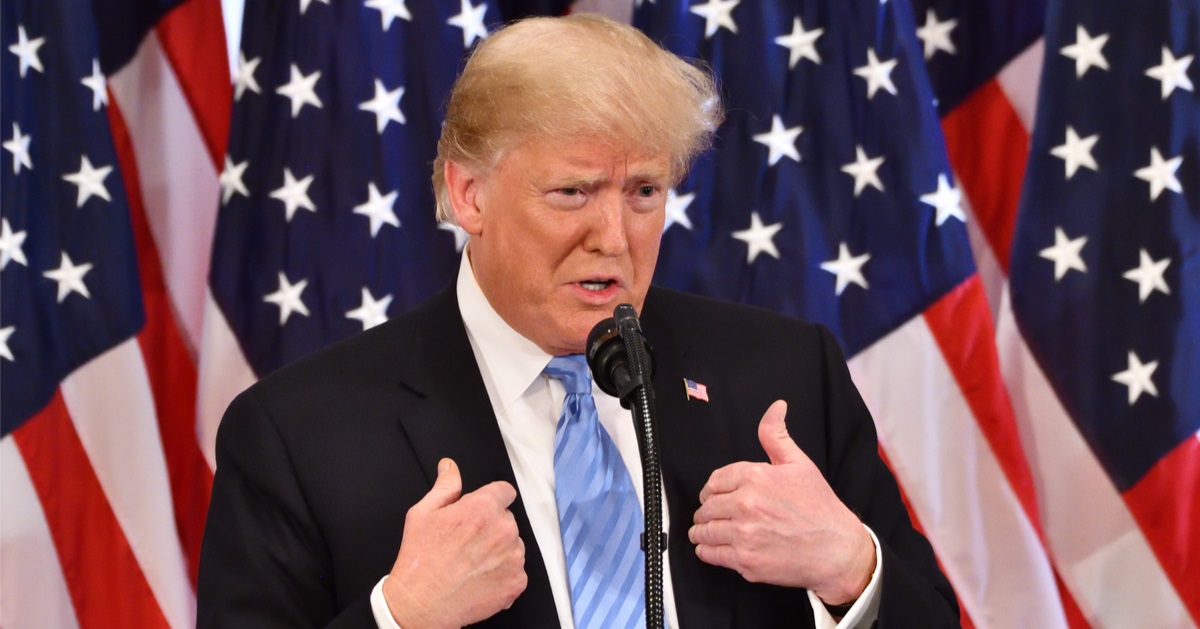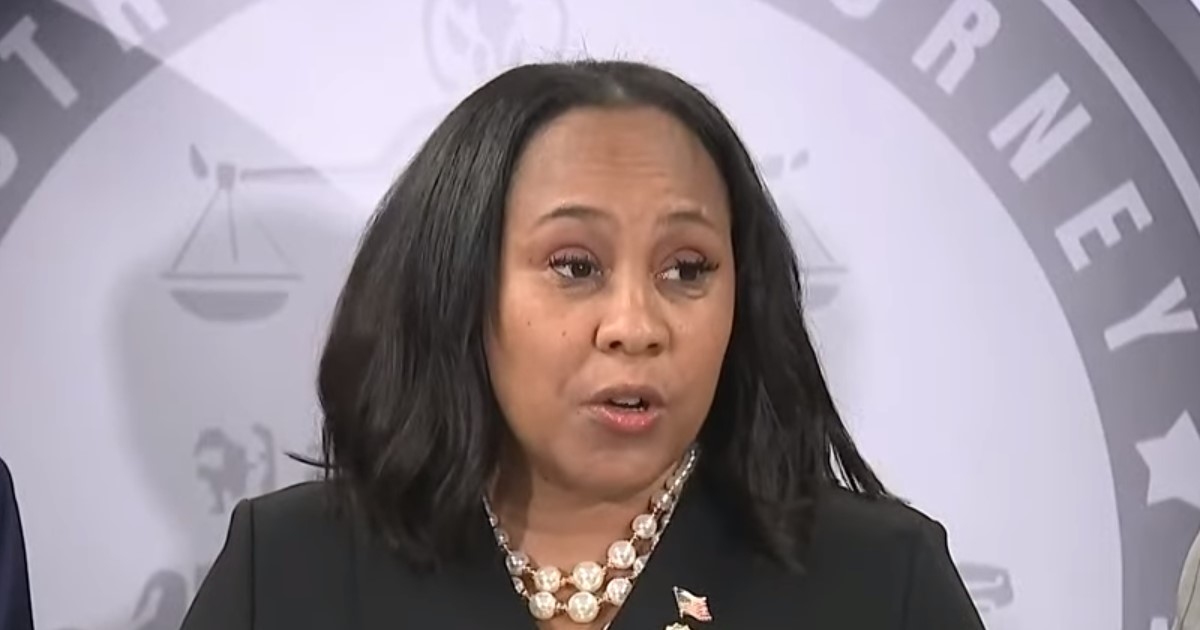Trump's H-1B visa change leads to 'raging debate'
The big change that President Donald Trump recently made to H-1B visa application has led to a "raging debate."
This is according to a new report from Fox News.
First, we will catch you up to speed on the change. Then, we will look at the debate.
JUST IN: 🇺🇸 President Trump officially signs executive order to impose $100,000 annual fee on H-1B visas. pic.twitter.com/hKyzelDSFF
— Trump Truth Social Posts On X (@TrumpTruthOnX) September 19, 2025
From $1,000 to $100,000
In case you missed it, Trump, on Friday, increased the H-1B visa application fee from $1,000 to $100,000.
The White House explained:
What this proclamation will do is raise the fee that companies pay to sponsor H-1B applicants to $100,000. This will ensure that the people they’re bringing in are actually very highly skilled, and that they’re not replaceable by American workers. So it’ll protect American workers, but ensure that companies have a pathway to hire truly extraordinary people and bring them to the United States.
The executive order, signed by Trump, explains that his administration believes this step is necessary to combat years of abuse of the H-1B visa program.
It, in part, reads:
The H-1B nonimmigrant visa program was created to bring temporary workers into the United States to perform additive, high-skilled functions, but it has been deliberately exploited to replace, rather than supplement, American workers with lower-paid, lower-skilled labor. The large-scale replacement of American workers through systemic abuse of the program has undermined both our economic and national security.
The change will go into effect during the next lottery cycle. It does not apply to either renewals or to current holders of the visa.
The debate
This move by Trump has led to a renewed debate about H-1B visas.
The White House has taken the lead in defending Trump's latest move, arguing that it is an important step toward helping American workers. Proponents argue that it is necessary to stop the replacement of American workers with cheap foreign workers.
As White House spokesperson Taylor Rogers put it:
President Trump promised to put American workers first, and this commonsense action does just that by discouraging companies from spamming the system and driving down wages. It also gives certainty to American businesses who actually want to bring high-skilled workers to our great country but have been trampled on by abuses of the system.
Opponents of the move, however, are trying to claim that it will reduce innovation and advancement. Deedy Das, a partner at venture capital firm Menlo Ventures, argued that Trump's move "creates disincentive to attract the world’s smartest talent to the U.S." He added, "If the U.S. ceases to attract the best talent, it drastically reduces its ability to innovate and grow the economy."
Time will tell which side turns out to be right.






